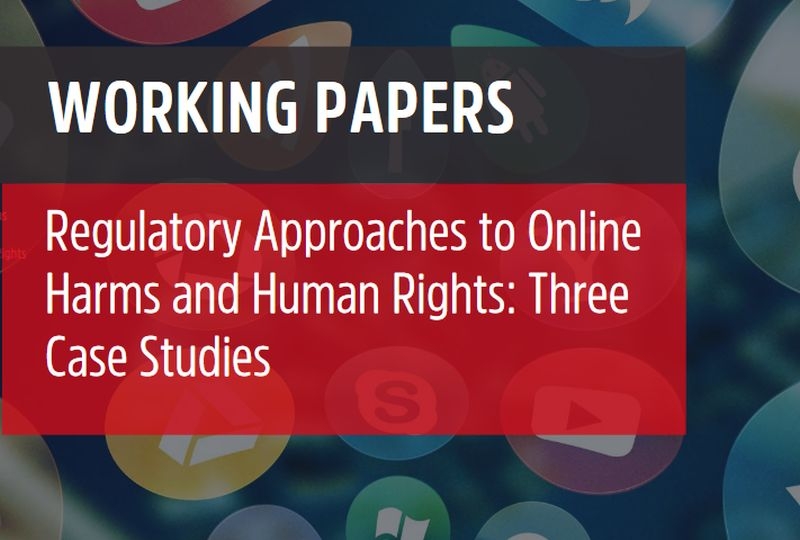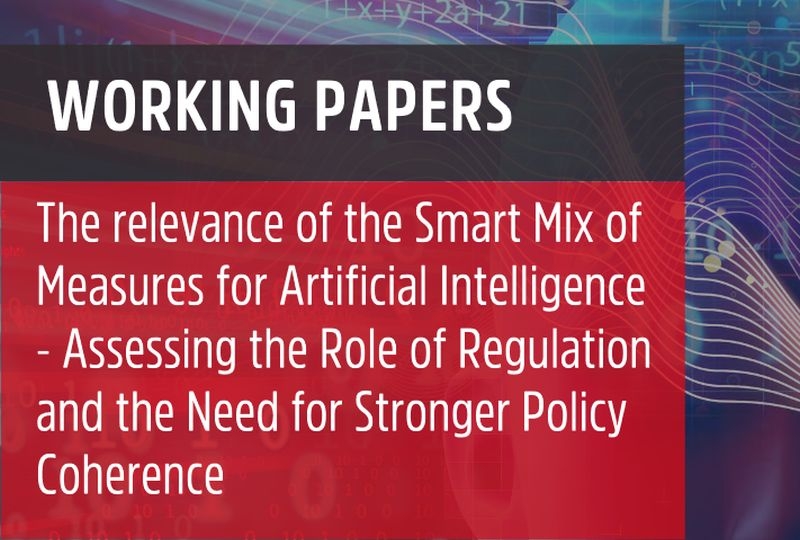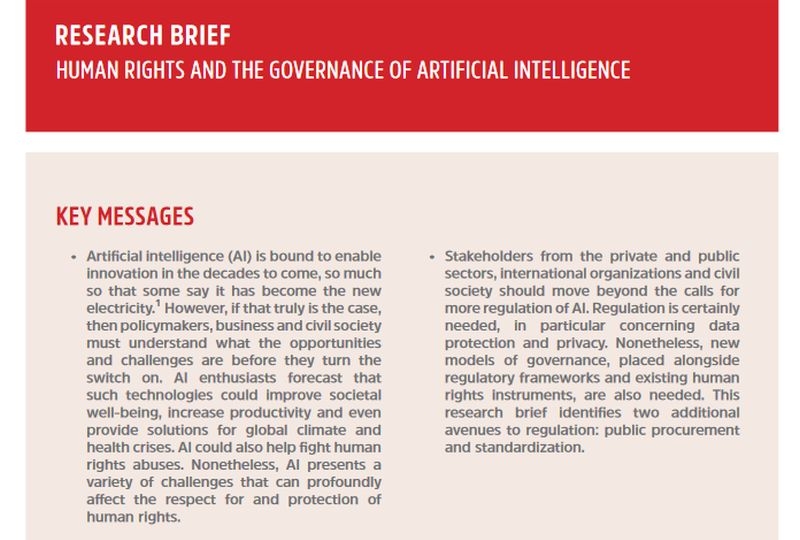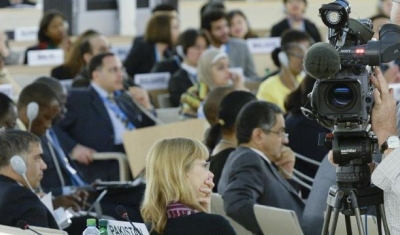18 January 2022
Online platforms and social media have become an integral part of the daily lives of millions of individuals worldwide. Concerns about the dissemination of illegal content via these platforms and disinformation and misinformation on social media have prompted states and international organizations to seek to strengthen the regulation of online content.
The respect of human rights by technology companies, such as online platforms and social media companies is therefore crucial for leveraging and fostering a rights-respecting technology ecosystem.
Against this backdrop, our new Working Paper Regulatory Approaches to Online Harms and Human Rights: Three Case Studies discusses how to best place human rights – particularly the United Nations (UN) Guiding Principles on Business and Human Rights (UNGPs) – at the centre of regulatory frameworks and legislation on online harms.
Written by our Senior Research Fellow Dr Ana Beduschi and aimed at policy-makers and all those working on the regulation of online harms, it examines their regulation in three jurisdictions – Brazil, the European Union (EU) and the United Kingdom (UK).
‘Many countries are currently developing new regulations for online harm. Our analysis precisely aims at supporting them in this endeavour’ underlines Felix Kirchmeier, Manager of Policy Studies at the Geneva Academy.












